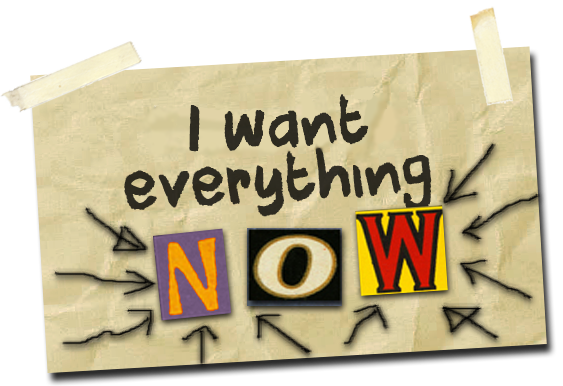Saving Into The Future, How Your Savings Add Up – #AfricaSaves
This is the 5th post of our 3 months’ savings challenge. Our mission for the 3 months is to learn how to save more, through converting our poor spending habits into good saving habits.
Why do we buy things we have not planned for?
Because our brains love it! We have been using the hand versus heart analogy – the hand is our impulses, what we want now, while our hearts are our long term wants, needs and desires. The heart wants, but the hand keeps reaching out.

readfaced.wordpress.com
We have looked at tracking our expenses to identify areas where we can save more, and how to prepare for habit changes that lead us to save.
I have not just been sharing information and tips, I have been walking this journey too! When we started out, I had a goal to save 40,000 shillings to pay off a loan. I had to cut down on my impulse to buy food during weekdays, and instead just carry food from home.
On the last post, we had some bad news. While I had saved 17,000 shillings and was close to halfway through my goal in the first month, my discipline slipped a bit and it cost me a week’s worth of savings. These things happen, the most important thing is to keep going.
Last week, I got back on the wagon. I finally upgraded my lunch boxes like I had promised to do, and I’m now in the habit of prepping my breakfast the evening before, so that my mornings are not busy. I crossed the halfway mark and at the end of this week, I will have 30,000 shillings saved up!
What if I just stopped buying food while at work even after the challenge is over? I’d like to think about trade-offs in terms of their effect on the quality of my life. When thinking about frugality, it is good to look at cutting down on expenses that do not affect your overall quality of life and happiness. If I stopped taking my daughter out for lunch on Saturdays, it would affect her happiness a great deal (she lives for weekend lunches). However, if I stop buying food at work, it has no effect on my happiness and quality of life, because often, I eat the breakfast and lunch in between meetings and work – I cannot say they are meals I savor and enjoy. Secondly, it is better for my health, since eating out comprises of junk food and a lot of wheat products.
What would this mean for my finances long term? Using this calculator, I realized that if I stopped eating out during the week, I would save 1,500 shillings per week, which adds up to 78,000 in a year, and 390,000 in 5 years. I would invest it for my daughter’s education. From my rudimentary calculation, saving just this amount at 13% per annum would result to a Kshs 3m fund, by the time she’s ready for university. Just from lunch money!
What will you do with your savings if you cut down on one bad spending habit? Do the math, let us discuss in the comments section and on Twitter, using the hashtag #AfricaSaves.
This article is the fifth in a series of sponsored posts for the BARCLAYS SAVINGS CHALLENGE. I hope the challenge will be as interesting for you as I hope it is for me. You can follow the discussion on Twitter and Facebook and share your own experience by using the hashtag #AFRICASAVES. Visit the Barclays page for useful savings calculators and information on their savings accounts.



